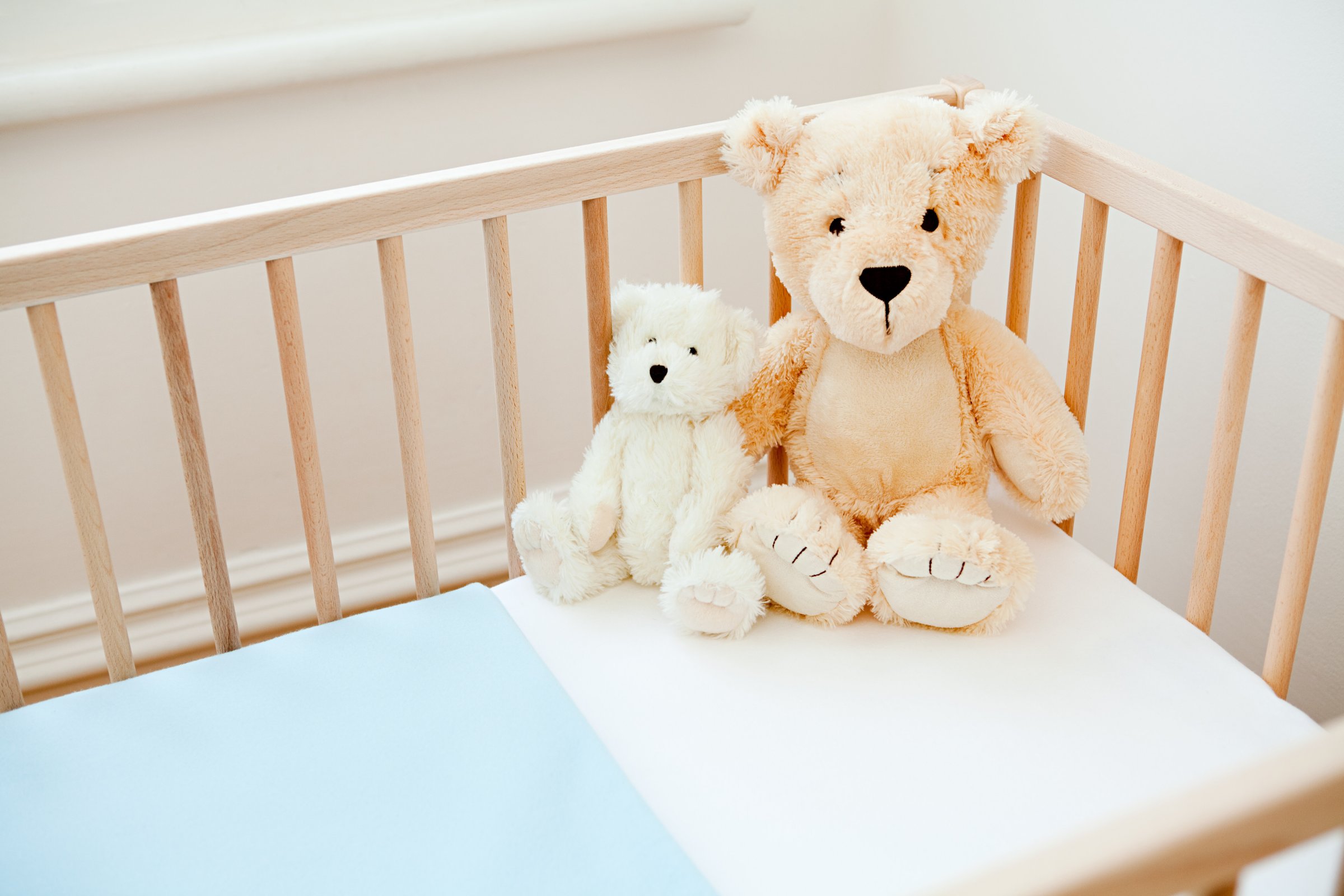
Sharing a bed and objects in bed are the biggest risk factors for sleeping infants, according to a new study.
The study published in the journal Pediatrics on Monday found that babies aged 0-3 months were most likely to die as a result of bed-sharing. For older infants ages four months to a year, the greatest risk for sleep-related death is objects in the sleep environment, the study found.
The study relied on a database compiled between 2004 and 2012—using information from 24 states—by the National Center for the Review and Prevention of Child Deaths. Researchers analyzed 8,207 deaths in total.
Of the younger victims, 74% were sharing a bed at the time of their death. The study defines “bed-sharing” as sleeping with a person or an animal. Of the older victims, 39% of deaths happened in a sleep area containing an object such as a blanket or a pillow. And 18% changed their sleeping position from on their side or on their back to prone.
But the study makes it clear that it hasn’t uncovered any clear cause and effect. Instead it states its “objective was to determine any associations between risk factors for sleep-related deaths at different ages.”
The American Academy of Pediatrics guidelines on safe sleep environments suggest placing babies on their back on a firm surface, in the same room as their parents, and with no soft objects or loose bedding until the age of one.
More Must-Reads from TIME
- Cybersecurity Experts Are Sounding the Alarm on DOGE
- Meet the 2025 Women of the Year
- The Harsh Truth About Disability Inclusion
- Why Do More Young Adults Have Cancer?
- Colman Domingo Leads With Radical Love
- How to Get Better at Doing Things Alone
- Michelle Zauner Stares Down the Darkness
Contact us at letters@time.com